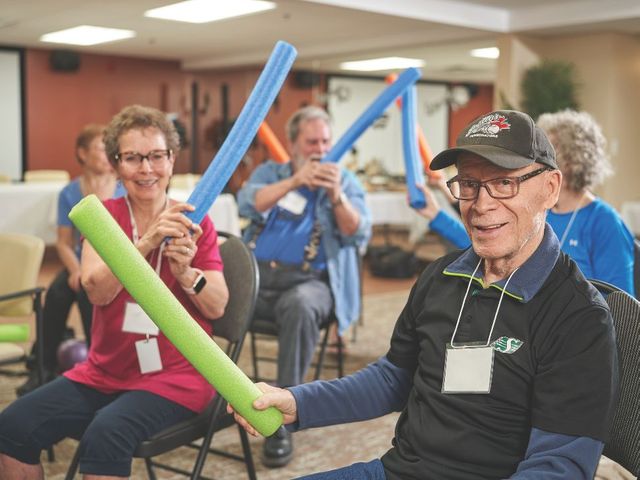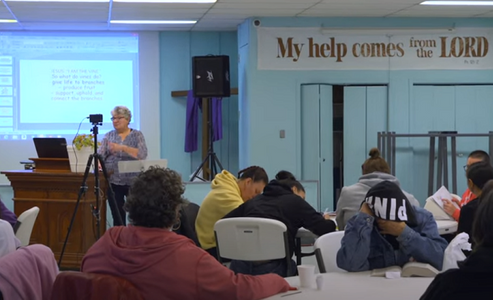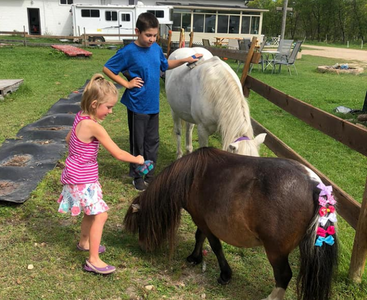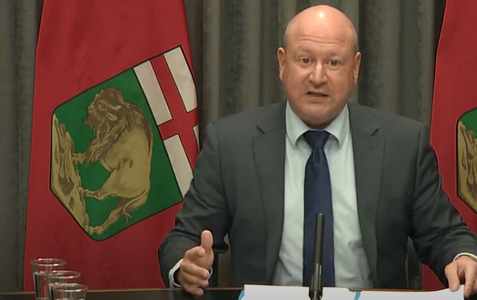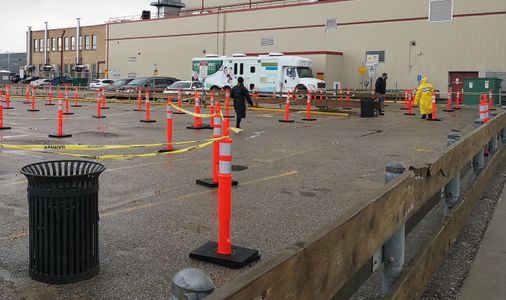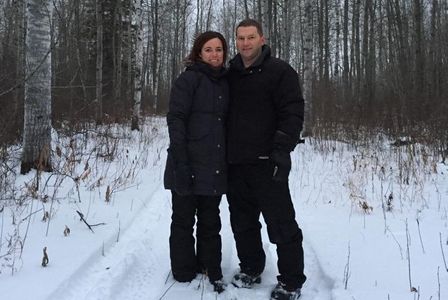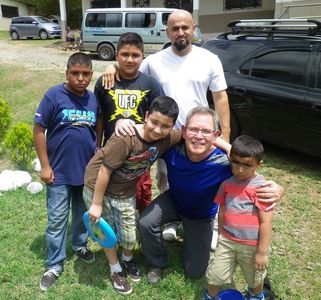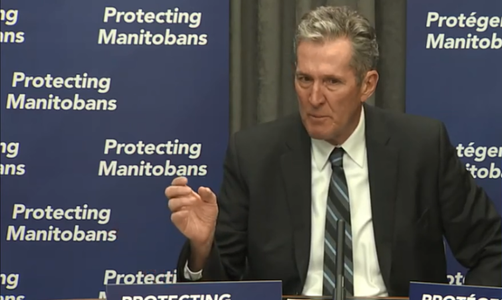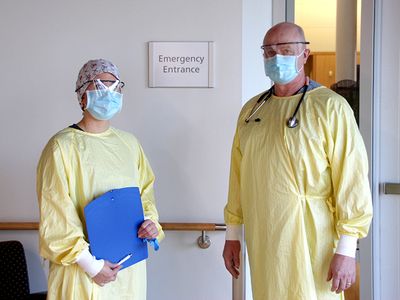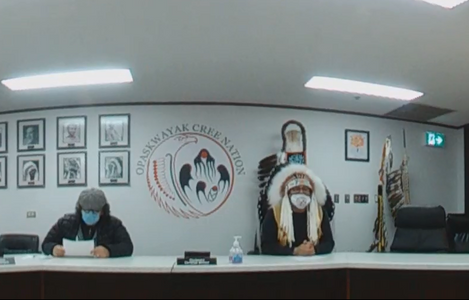Community
Life after diagnosis: Alzheimer’s Society of Manitoba offers guidance and community
September is World Alzheimer's Month, and a Winnipeg organization is shedding light on life after a diagnosis. "Our theme this month is Your Path Forward," says Erin Crawford, the CEO of the Alzheimer's Society of Manitoba. "The reason we've picked that is because often, we hear from people when they get a dementia diagnosis, it is not clear what comes next. There's often a feeling of, 'Here's your diagnosis,' and then out the door." The Alzheimer's Society of Manitoba wants people to know that there are steps to take after being diagnosed, and they are here to help Manitobans on this journey. "You don't have to figure this all out on your own. A lot of people do this on their own because there is still a stigma associated with it." .embed-container { position: relative; padding-bottom: 56.25%; height: 0; overflow: hidden; max-width: 100%; } .embed-container iframe, .embed-container object, .embed-container embed { position: absolute; top: 0; left: 0; width: 100%; height: 100%; } According to Crawford, 20,300 Manitobans are currently diagnosed with dementia or Alzheimer's. By 2050, the group predicts that number will double. "We did a poll a number of years ago that showed that 62 per cent of us have a close friend or family member. It's not just the person diagnosed, although it is significant for them. It's significant in the whole family." The Alzheimer's Society of Manitoba offers support groups for both people diagnosed and their family members. "The people in those groups are walking the same path and have tried some of the things that you're going to be trying and can give you some really good advice. We have recreation programs and education sessions where we bring local experts in. It is a scary disease, all of us feel that way. But there is a community here, and there are many joyful moments left in your future." Crawford says there are ways people can help with risk reduction when it comes to dementia. "We don't actually know enough about dementia yet to say, 'You can prevent it.' But some of the things that you can do to reduce your risk are a healthy lifestyle. Diet, exercise, not drinking or smoking. It's also things like staying socially engaged. Stimulate your mind in new ways, like learning a new language. All these things are associated with a lower risk of developing dementia. Some of them are fun, like going golfing with your friends."






